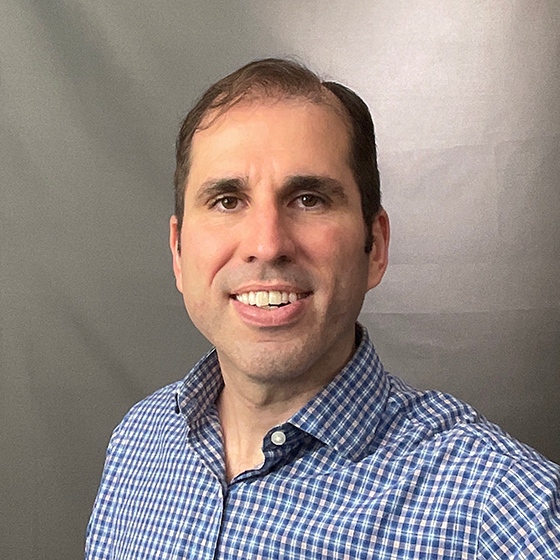
Abstract: A colloquial interpretation of entropy is that it is the knowledge gained upon learning the outcome of a random experiment. Conditional entropy is then interpreted as the knowledge gained upon learning the outcome of one random experiment after learning the outcome of another, possibly statistically dependent, random experiment. In the classical world, entropy and conditional entropy take only non-negative values, consistent with the intuition that one has regarding the aforementioned interpretations. However, for certain entangled states, one obtains negative values when evaluating commonly accepted and information-theoretically justified formulas for the quantum conditional entropy, leading to the confounding conclusion that one can know less than nothing in the quantum world. Here, we introduce a physically motivated framework for defining quantum conditional entropy, based on two simple postulates inspired by the second law of thermodynamics (non-decrease of entropy) and extensivity of entropy, and we argue that all plausible definitions of quantum conditional entropy should respect these two postulates. We then prove that all plausible quantum conditional entropies take on negative values for certain entangled states, so that it is inevitable that one can know less than nothing in the quantum world. All of our arguments are based on constructions of physical processes that respect the first postulate, the one inspired by the second law of thermodynamics. Joint work with Gilad Gour, Sarah Brandsen, Isabelle Jianing Geng.
Bio: Mark M. Wilde joined the School of Electrical and Computer Engineering at Cornell University as an associate professor in July 2022. He received the Ph.D. degree in electrical engineering from the University of Southern California, the M.Sc. degree in electrical engineering from Tulane University, and the B.Sc. degree in computer engineering from Texas A&M University. He has held visiting appointments at the University of Cambridge, the Stanford Institute for Theoretical Physics at Stanford University, the Autonomous University of Barcelona, and the Research Laboratory for Electronics at the Massachusetts Institute of Technology. He is a recipient of the National Science Foundation Career Development Award, he is a co-recipient of the 2018 AHP-Birkhauser Prize, awarded to “the most remarkable contribution” published in the journal Annales Henri Poincare, and he is an Outstanding Referee of the American Physical Society. His current research interests are in quantum Shannon theory, quantum optical communication, quantum computation/algorithms, quantum computational complexity theory, and quantum error correction.
